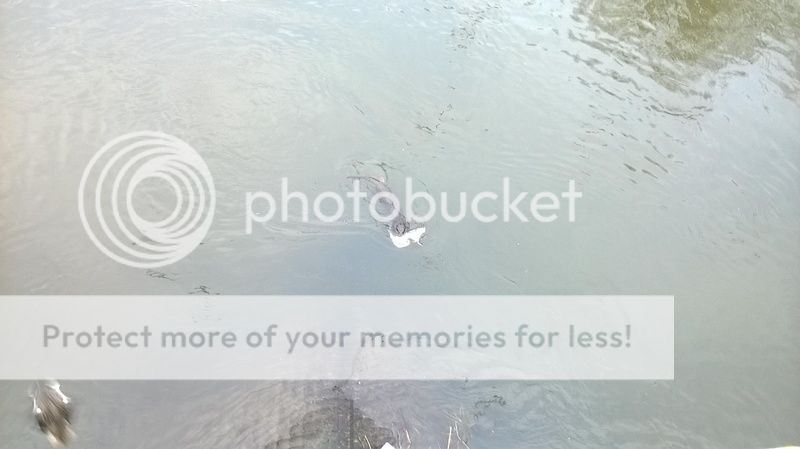The issue for me here is not the study undertaken and the reporting of its findings- it's the fact that it is being presented as some sort of absolute, universal truth-just look at the title of the blog. It provides insight but has natural limitations because its one river and arguably over a relatively short period of time. It's essentially a snapshot. It's a shame the blog wasn't used to promote the need for more studies and more research so that a far more complete picture can be obtained. And this shouldn't just be about otters. What about the impact of crayfish and so on. I think we would all agree that recruitment is the key issue with the otter exacerbating the issue on many rivers.
I also think it's wrong to dismiss the angler experience in any analysis-it must help, even if as part of a validation exercise because that should be powerful when combined with data. Pete Reading clearly relies on this himself with his personal assessment of the barbel population on the Avon. Whether other anglers, equally intimate and experienced on the river, would concur with his conclusions, remains to be seen.
Sadly there is far too much animosity flying about within the angling community which regularly surfaces and when it does, a degree of paralysis occurs when it comes to considering the bigger picture. There is a great deal of history and I have no doubt, bad experiences and very poor behaviour by many. It's certainly not my place to comment on that, but I would observe that until we are able to build unity, perhaps around a common purpose, then we will be left just debating and arguing about it on forums.
Whilst Pete Reading comes in for a fair amount of criticism (I have made observations-to Pete directly) no one should question his passion and willingness to do something. But it really needs a national approach and the genuine commitment of anglers/clubs/fishery owners etc. to connect and contribute. However, this is very difficult and not least because quite naturally, many anglers just want to fish-time is precious so picking up otter **** and taking scale samples and so on isn't always on an anglers to do list when they go fishing.
Of course they might if they felt that others were doing likewise and they had faith in the systems in place to capture, record and present results. To Graham Elliot's point earlier in the thread, it is important that when people do contribute data/samples etc. that they see the results of any analysis provided-even if the result is that its inconclusive because of a lack of data and so on.


